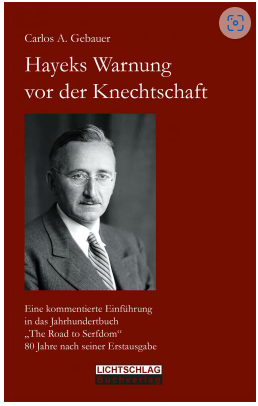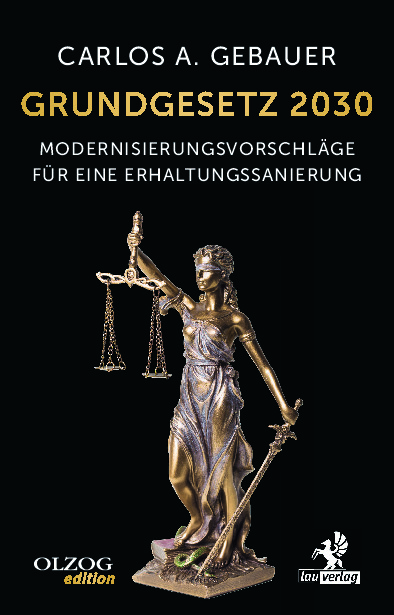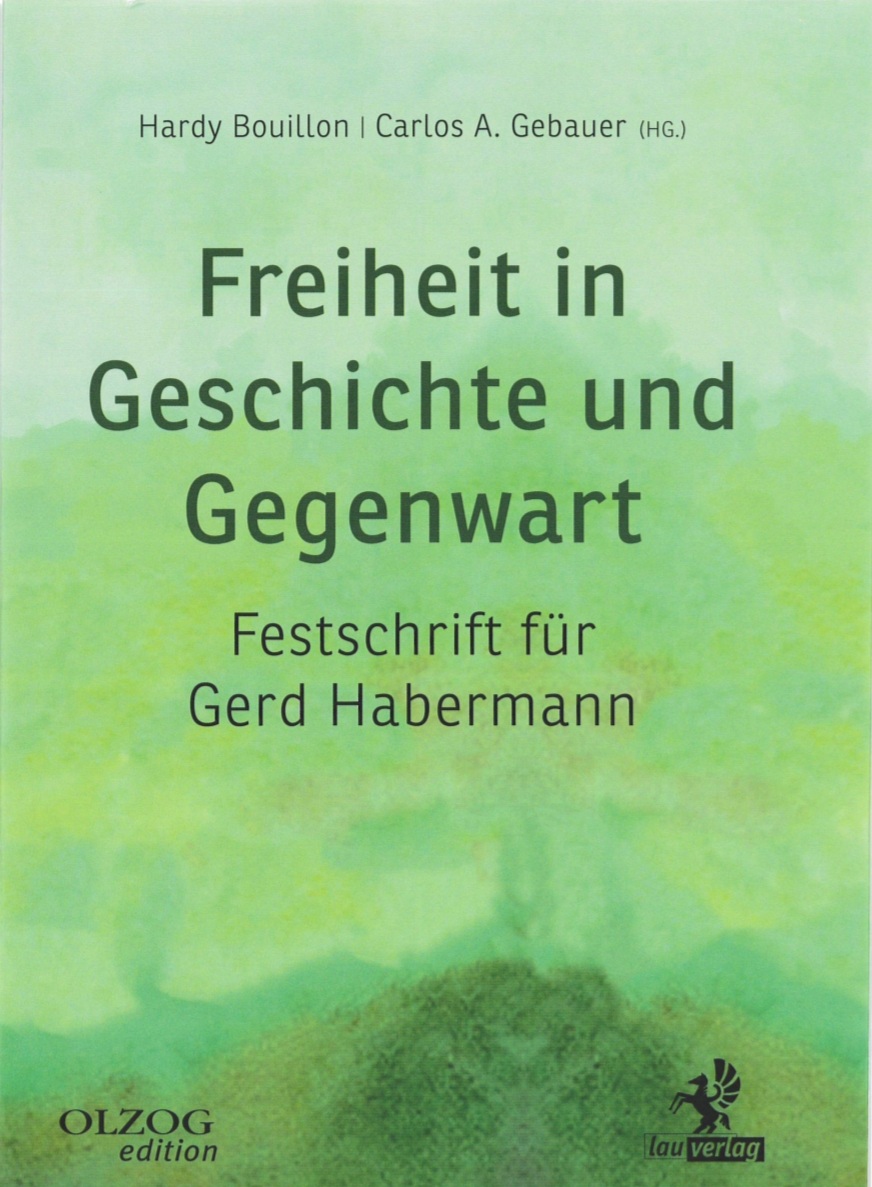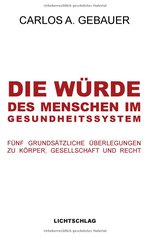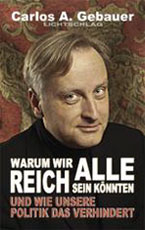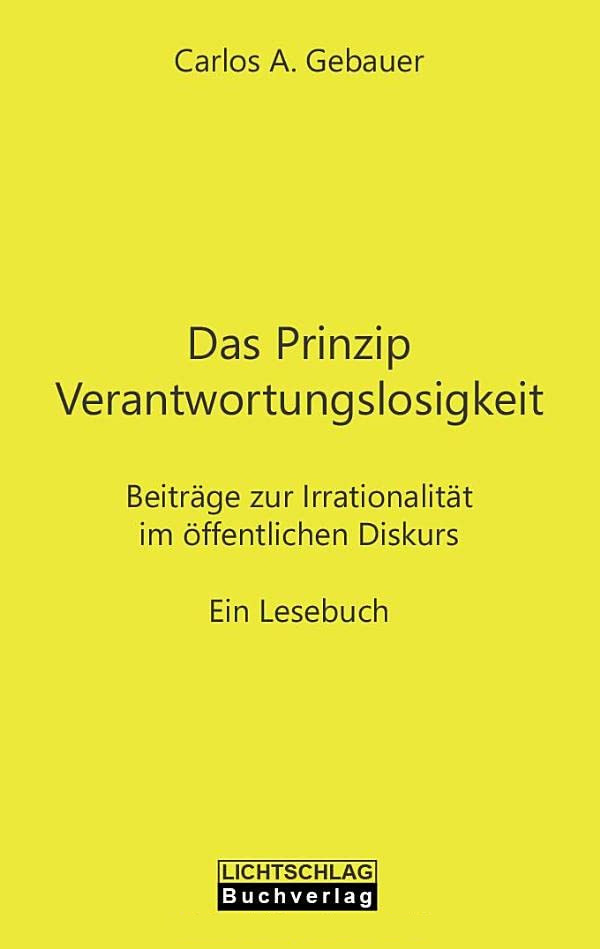Introduction: A fictitious first landing on the moon in 2014
What would happen if Neil Armstrong landed on the moon in 2014 for the first time? He would, of course, plant a flag on her surface, just as he did in 1969! Stars and stripes would somehow flutter over the lunar craters just as we all saw it 45 years ago.
If it weren’t American astronauts landing there in 2014 but astronauts of other nations, what would they do? British astronauts for example would self-evidently fly the Union Jack and Turkish astronauts a Turkish national flag – what else?
But would German astronauts hoist a German national flag if they landed there? That is obviously unthinkable. That leads to the question: What else would, prospectively, happen in such a case?
I think it is highly probable that we would face these five events:
1.) At first German astronauts (Kevin and Mehmet) would heave out a massive big black concrete cube from their spaceship, place it in the sand and then lay down a wreath right beneath it to remember all dead of the second world war (maybe the first as well, you never know).
2.) Secondly they would fasten a commemorative plaque to the reverse side of this cube as a warning to future generations to –please! –reconstruct the entire world climate of 1850 at the latest by 2050.
3.) Following this they would open the black cube’s top and fill in a sum of 150 Billion Euros in freshly printed bank notes as a special reserve to safeguard any future moon currency from turbulences and collapse plus an additional guarantee bond in writing (signed by the chancellor herself) that promises to pay another 270 Billion Euro in case other nations should not land there and fulfill similar obligations.
4.) Finally, after having worked through all those steps very seriously and consequently within the given time-schedules, the captain of this German spaceship (named ‘dove 1’ or ‘pigeon alpha’ but never ever ‘eagle’ or ‘buzzard’ or ‘falcon’) would look into his onboard-camera and address mankind directly. He would send his greetings from the moon as a peaceful and sustainable European and then ask for forgiveness for not yet having built (as the world can see on screen in the background) a wind power plant over there.
5.) After this ceremony we certainly would see humanity worldwide answering the Germans. Who could doubt that within the first hour afterwards the main representatives of mankind (i.e. Ban Ki-moon, the Dalai Lama, Christine Lagarde, Bob Geldof and – maybe – the surgeons of Angelina Jolie) would post their comments on twitter and facebook? They would congratulate the astronauts for their technical craftsmanship, express joy over that non-violent, peaceful and ecologically valuable behavior; but it is foreseeable that they would also mention a slight disappointment because “We would have expected a little more effort and eagerness to succeed from our German friends”.
Main Part: Searching for the reasons of a bewildered German soul
Why do Germans act like that? And why aren’t all those hard efforts ever enough for the world?
1.) The German landscape: A country without (natural) borders
There are no natural borders that could substantially define the beginning or ending of “Germany” on the European countryside. A few kilometers seaside in the north do not give the faintest understanding of a natural backing like, for example, a British soul can have on its island. No mountains frame this German soul either. Looking on the map even the Spanish, the Italians, the French, not to speak of Icelanders, Maltese, Irish or Sicilians have their clear borders and their safeness: This is my land, here it begins and here it ends. The national anthem of Germany sings of a country in between four rivers (Maas, Memel, Etsch, Belt). But even those rivers have no political meaning today. At the most the river Rhine gives some sparse hold to the idea of where Germany could, topographically, begin. All the rest is a result of partly historically, partly arbitrarily set frontiers. Looking down from the moon you can see no nature-given shape at all that would surround Germany.
2.) The German vegetation: Forest and fear
Those territories that we know as “Germany” today were – in history – areas of endless forests. Not even the Roman Empire was able to cultivate the land east of river Rhine (or interested in doing so). Entering those territories was life-threatening, not only for strangers but for “Germans” as well. Even in his century Richard Wagner still described those forests as home of the dangerous lindworm-dragon. That means: Not only strangers, but also the Germans themselves found that their homeland was a place of uncertainty; that means: We see a kind of nature-given homeland insecurity! No wonder the Romans tried to fence these dangers off by building their “limes”! Those forests are the cause of “German Angst” of course, even in the (somewhat funny-paradox) form of “Waldsterben”. Grandfather had to flee from the lindworm in 1890; father went to the forest by car in 1930 for the weekend; and the grandchild of 1980 fears the withering of trees. May nobody ever declare that Germans have no sense of humor!
3.) Intensifying the feeling of uncertainty by means of younger history
Today’s Germans are a kind of conglomeration of Germans, Goths, Alemannians, Teutons, Bavarians and a countless number of other tribes (and their derivates) that we cannot even name precisely today. All these groups of people were – in the long run – assembled and united, partly willingly, partly unwillingly, under the Name of “Deutschland”. At the end of 1871 this state became the so called “late nation”, putting together all kinds of different cultures, weakly held together by a (more or less) common language.
It becomes obvious, regarding this, that there is not a lot of common ground for the development of a strong sense of community. And it becomes clear as well that of all things especially this lack of community was to be of crucial importance in the darkest hour of German history. Because a politician who spoke of nothing else than of such a people’s community named “Volksgemeinschaft” could easily address their deepest longings. The crowd that had just lost its unifying “Emperor” figure hungered and thirsted for new form of identification. In the end (and as the consequence) of all those national socialist perversions, we know things got even worse. Because the local transfer from Russians on to Polish ground, from Polish on to German ground and from Germans into a narrowed “Bundesdeutschland” after 1945, by Churchill and Stalin according to the Potsdam-Treaties, diminished the idea of defined people on a defined land moreover.
4.) Insertion: Micro- and Macro-Mentalities
Germany harbors two very special forms of mentalities that have to be differentiated.
a.) Some 15 years ago lawmakers renewed the procedural rules for lawyers in Germany. Until then I was allowed to work inside one court district only. Afterwards lawyers were enabled to work at (nearly) any court in Germany. This new rule gave me the opportunity to (a) fight for justice anywhere and (b) buy a new faster car, both of which did instantly. Some clients then sent me to courts I had never been to before. My experiences since that time cover a core area that has a radius of approximately 150 kilometers. And my initial assumption that clients, judges and lawyers who speak the same German language, who refer to the same German law and who live at the same time inside the same country… in one word: the assumption that these people would have to have an awful lot of things in common, turned out to be definitely wrong! I saw completely different modes of behavior and perspectives in a court near the Dutch border (in Kleve) on the one hand, and – for example – in Dortmund on the other. Whereas the court personnel in rich rural areas behave friendly and cooperative, the personnel in the big working-class cities appear to be nearly impudent and without any polite manners. Those areas where people have had plenty of food and wealth over generations are still the friendly and relaxed places; where there used to be a shortage of means and regional overpopulation in the past those are still the uninviting and uncomfortable courts and processes. Meanwhile I am sure: These micro-mentalities are very durable and they do not die out within one or two generations. They are – on the contrary – everlasting.
The differences between the old German tribes and their views though seem to continue to exist. You can have an appointment with someone in the northern Rhineland at “around 11 o’clock” and that will make it probable that both persons participating will meet between 10.40 an 11.20. But you cannot ask to meet someone from Stuttgart any other way than, say, “at 10.55” or “at 11.05”. This is a certain insight not only for regions hundreds of kilometers apart but also for regions that are only 20 kilometers distant from each other. The atmosphere at court in Kleve is more similar to that in Münster than in Dortmund, although Dortmund is situated midway between the two! German micro-mentalities exist in geographical spots and patches.
That leads to the understanding: Different German regions have their micro-mentalities.
b.) But there is also the greater German macro-mentality:
aa.) No matter what part of Germany you are in: Germans are somehow proud of the quality and perfection that characterize their products. I call it the “Made-in-Germany-habit”. We are better at producing things than others. We can organize them better. In a way we are perfect ourselves.
bb.) But – astonishingly – this very macro-mentality of pride has another fascinating downside! If one German wants to say something very rude and unfriendly to another German he uses the commonly established (and legally not [yet?] punishable) insult of something being “typically German”. That indicates and leads us to a very strong and dominant German feeling: Germans as a whole feel a lot self-hatred.
5.) Searching for the reasons of German’s self-hatred
As we have seen, Germans do not have a strong topographical backing for any self-confidence. But the uncertainty coming from this is enforced by the specific German history. Other than American or French citizens who (with or without reason) develop positive patriotic feelings when looking at their national flag, Germans cannot do so. They have to take the collective blame for their history. In consequence of that they cannot develop a positive sense of community.
Germans cannot be commonly motivated by turning them all together towards a (positive) idea. To the contrary: Germans can only be motivated all together by turning them away from the (negative) history they share as community of joint heirs sui generis. And so this community of uncertain souls is always busy escaping from the bad – instead of positively seeking the good.
Even if these Germans are confronted with something positive that they could enjoy altogether, for example a football-world-championship, they wave their national flag definitely only for this specific purpose. After the end of the games all flags disappear. And – as a latest development – they shorten the name of their nation from “Deutschland” to “Schland”!
Germans do not love Germans as a whole. And that leads to the paradox that the best and most positive Germans are those who are mostly Non-Germans. The motivation pattern to flee from the bad (instead of longing for the good) has – in combination with the specific pride of being somewhat perfect – led to the obstinate belief that nothing and nobody has ever been or could ever be worse than the Germans in history. Looking at the flag that a German astronaut though would never plant on the moon: If any participant in a political party meeting today waves the official national flag of Germany with the colors that are defined in our German constitution, the whole meeting is defined as a right-wing event at once.
6.) Acceleration factors for the dissolution of Germany
Anti-German Germans are on their way to create this specific good German who is a Non-German. Only a Non-German can be a good German. And that means, of course, that any German has to become a European German as soon as possible. Every factor that slows down this process is a negative factor and indicates the beginning return of bad historical experiences. Consequently the warning of dangers concerning the Euro-currency must be seen as a movement away from the good towards the bad. That gives the whole discussion more and more the character of a religious war instead of a rational discourse. The fewer of the historic murderers are still alive, the more intensely the fight against their crimes is fought. Konrad Lorenz probably would have named that a specific kind of displacement activity.
Why has this scheme of political correctness become so strong within the last 20 years? I believe the atmosphere of our political discourse in Germany has changed so negatively because the seat of the German government was moved from Bonn to Berlin in 1991. Because of that the micro-mentality of Berlin now governs the mood-making media for the whole macro-mentality of Germany.
Johann Wolfgang von Goethe already knew: „Es lebt dort ein so verwegener Menschenschlag zusammen, daß man mit der Delikatesse nicht weit reicht, sondern daß man Haare auf den Zähnen haben und mitunter etwas grob sein muß, um sich über Wasser zu halten.“ People in Berlin are outrageous. Being polite does not lead you to anything over there. You have to have a sharp tongue. Otherwise you will be destroyed.
For nearly a quarter century the governing personnel of Germany has been recruited largely from Berlin and the surrounding areas. Consequently the tone of government has changed. The leading persons are no longer the tolerant people from the Rhineland area who have designed the old Bonn Republic of 1949.
The micro-mentality of Berlin is “Orders are orders!”. That was the spirit of the Prussian Soldier-King, the spirit of the last German Emperor, it was the spirit of National Socialism and it was the spirit of the fenced-in socialist GDR. They all ruled from a seat in Berlin.
This is the spirit that tells all present-day Germans to be good Non-Germans. And it also is the spirit that shapes the European Union. If the Germans stick to these given harsh rules they will be dissolved as a nation and in the end get lost as scattered individuals.
Conclusions
These days the Germans “morgenthau” themselves. Instead of a simple ruralization we see a differentiated colonization.
The banking union in Europe will lead to an average equality on the level of Bulgaria. What we see is the Bucharestization of our continent.
The perspectives of people who want to aspire to something better are declining. Excellence is washed out of our communities.
Since we all have to be glad – as Germans – to have the Euro and the miraculous benefits of the Martin-Schulz-based beauty of governance we should be happy to commit national suicide as unworthy people.
In a museum in Bonn I recently saw a video about the Vandals. They began their historic move on today’s territory of Poland, went through Germany, France and Spain, set over to northern Africa, travelled on eastward and shipped again in a northerly direction; in the end they reached the island of Corsica and – died.
Maybe simple historic irrelevance for the Germans is even sweeter that the death. But in both cases you, my audience, can call yourself proud to having seen one of the last of these central European human dinosaurs speaking about his people.
